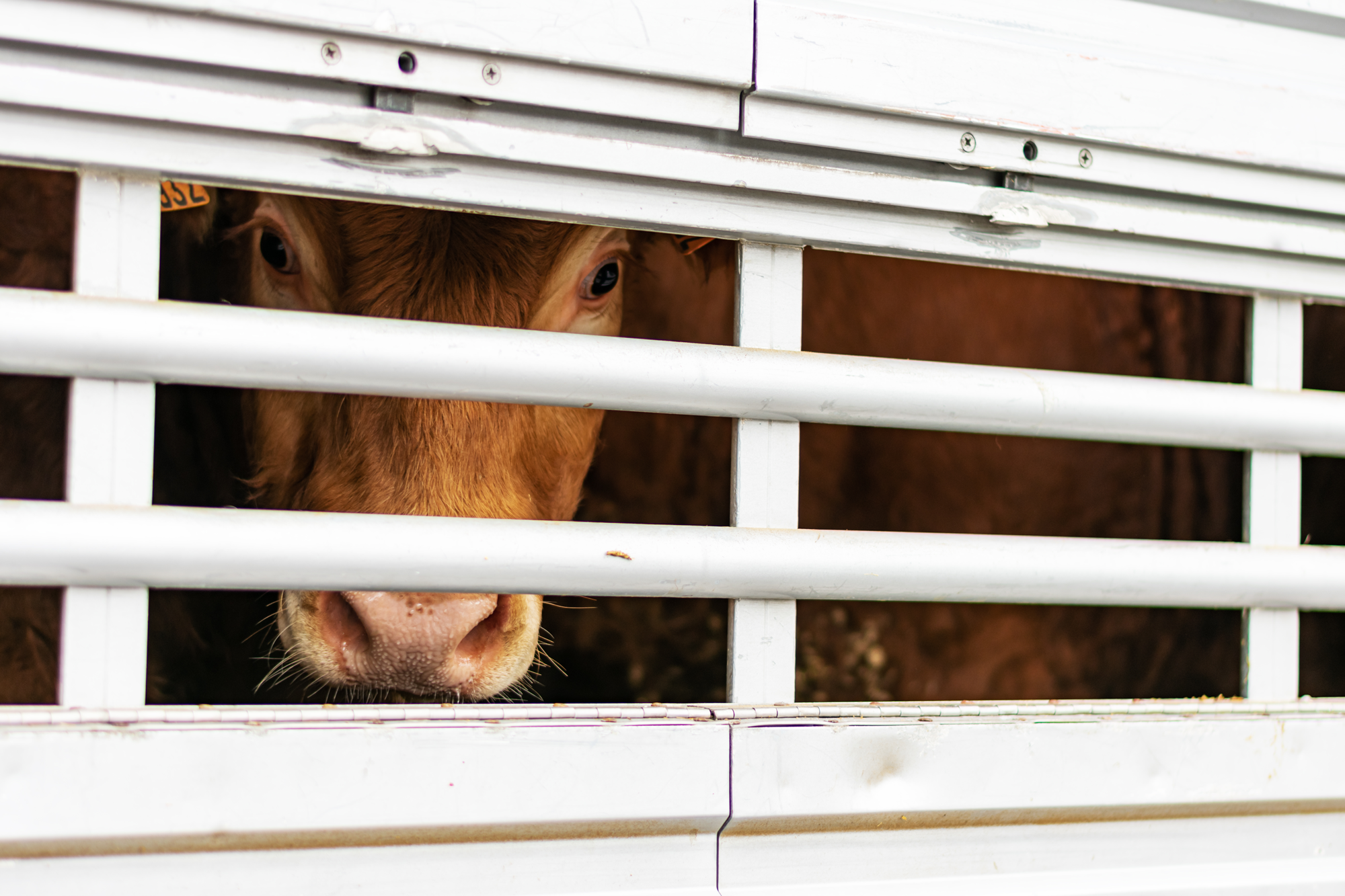One of the most concerning synthetic hormones is Zeranol. It is considered a carcinogen linked to breast cancer.
Hormones & Antibiotics
As beef is becoming more and more popular as a source of valuable protein, consumers are becoming more interested in learning about how to determine where to purchase this cherished commodity. When it comes to buying beef, there is certainly a lot to consider.
For example, surveys show that many consumers are not aware that most beef available in grocery stores has been raised with growth hormones. In fact, 90% of all beef in the United States is raised using artificial growth hormones. And studies show that when beef is grown with hormones, there are measurable amounts of those hormones left in the meat that we consume.
The beef industry claims that the amounts of hormones that we consume in hormone-grown beef are so small that we really shouldn’t worry about it. And they subscribe to the idea that what the public doesn’t know won’t hurt them. After all, the public has been unknowingly consuming beef with artificial growth hormones for a long time. Most ranches and most feedlots in the US and Canada have been placing hormone implants in their cattle since it was discovered over 60 years ago that artificial hormones would help cattle grow faster. These implants consist of a small capsule that contains a blend of various hormones, such as progesterone and testosterone and synthetic hormones such as trenbolone acetate and Zeranol, which is synthetic estrogen.
The capsule is inserted in the top of the ear between the skin and the ear’s cartilage. A calf may be implanted with hormone implants several times during its life. Hormones increase the rate of growth of the animal and can lower the cost of producing beef by about 10 to 20 percent. No one likes using these hormones, but since almost everyone does it, well-meaning cattlemen are forced to do it in order to be competitive.
One of the most concerning synthetic hormones is Zeranol. Zeranol is still legal in the United States, but it has been banned in Europe because it is thought to bring on early puberty in children and is also considered a carcinogen linked to breast cancer. Many feedlots throughout the United States still use Zeranol.
And while Zeranol is the only growth hormone to date that has been linked to cancer, an additional fear is that other synthetic growth hormones may cause significant development issues in children. There may also be other side effects that have not yet been substantiated or determined. Therefore, there is a growing demand for beef that has not been grown with hormones.
Again, the concern is that when an animal has been raised using artificial hormones, measurable amounts of these synthetic hormones always remain in that beef when we eat it. That means that 90% of all the beef consumed in the United States contains detectable amounts of growth hormones. But meat containing growth hormones is just one of the concerns that educated, health-minded consumers have when it comes to beef. Antibiotic feed is another issue that is a concern for health-oriented consumers.
Most US feedlots feed cattle a daily diet containing a substantial amount of antibiotics for 5 of the last 6 months of the animal’s life. Feedlots are supposed to stop feeding antibiotics at least 30 days before the animals are harvested. But typically, feedlots are not monitored to see if they comply with this rule.
As consumers become educated on the use of hormones and antibiotics, the demand for beef grown without hormones and without antibiotics is on a rapid increase. Fortunately, in order to meet the demand for hormone-free beef, a number of cattle operations are now moving away from the use of hormone implants and antibiotic feeds. However, since 90% of the industry still uses hormones and antibiotic feed, the challenge is in identifying those who do not.
When seeking a reliable supply of healthy beef, it is important to understand labeling laws. For example, some people assume that beef labeled as “All Natural” means no hormones and no antibiotics. But that is not the case. Beef labeled as “all natural” can be misleading. The USDA allows meat that has been treated with hormones and antibiotics to be labeled as “all natural” even if it was raised with hormones and antibiotics. “All Natural” on the label simply means that it is not artificial meat. If you want to make sure that your beef hasn’t been grown with hormones or antibiotics, it should be clearly labeled as never having been grown with hormones or antibiotics. Some reliable brands label their beef as “Never Ever.” “Never Ever” means never having been given any hormones or antibiotics.
Quick Links
Hormones and Antibiotics Video
2024 © Know Your Beef. All Rights Reserved.



